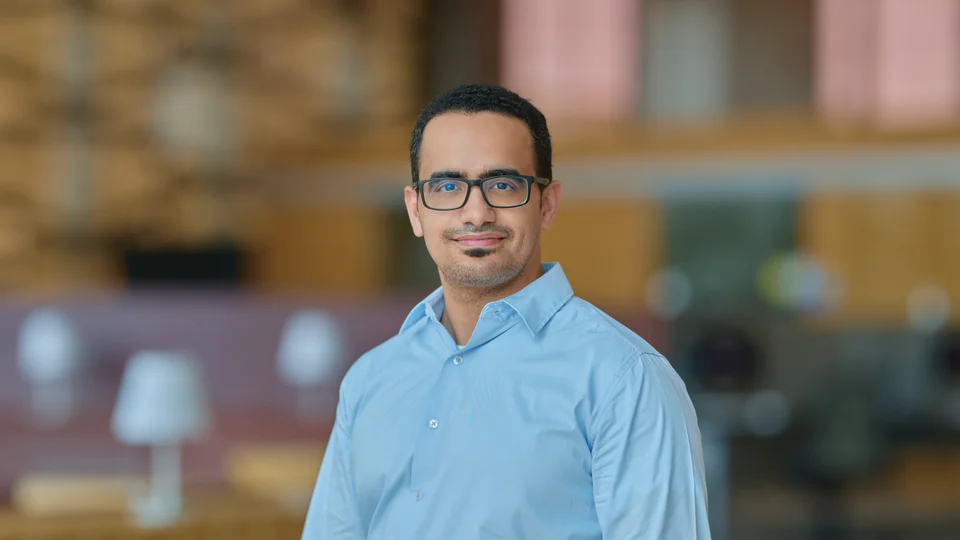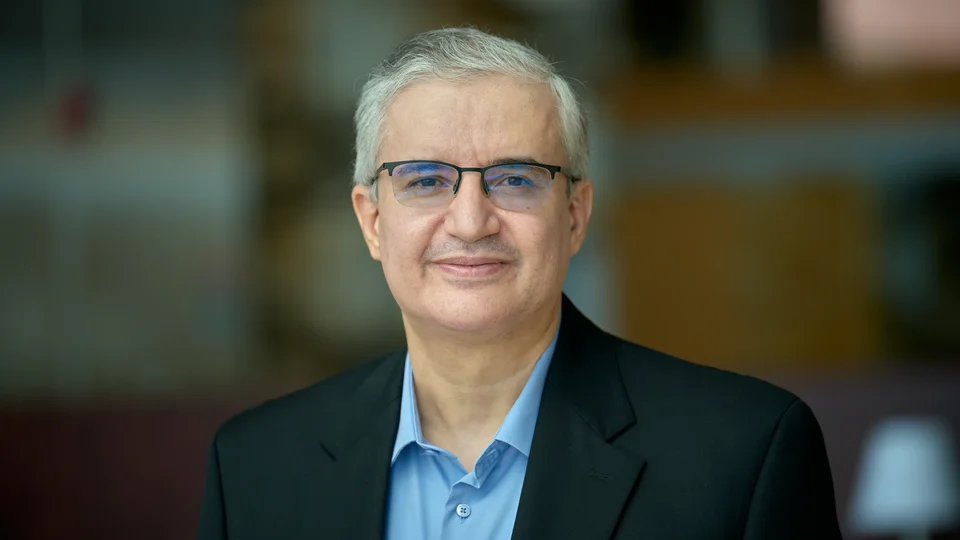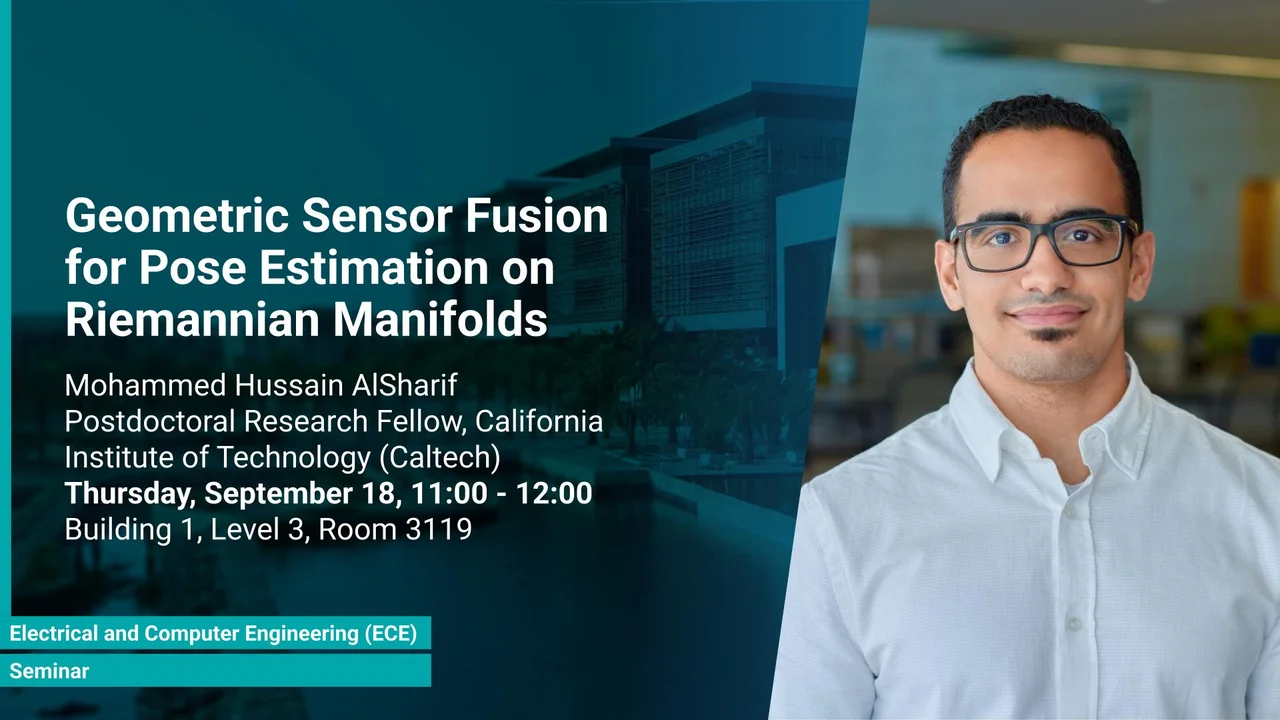
Geometric Sensor Fusion for Pose Estimation on Riemannian Manifolds
This seminar introduces a novel geometric sensor fusion framework that integrates inertial measurements with acoustic ranging on Riemannian manifolds to achieve robust, high-accuracy pose estimation for autonomous systems in GPS-denied environments.
Overview
Precise position and orientation estimation is a fundamental challenge for robotics and autonomous systems, particularly in GPS-denied environments such as underwater, indoor, or planetary exploration. Inertial navigation systems (INS) provide high-rate motion tracking but accumulate drift, whereas acoustic ranging offers accurate geometric constraints at lower rates, and with sensitivity to environmental conditions. This talk presents a geometric sensor fusion framework that integrates these complementary modalities on Riemannian manifolds. By formulating pose estimation as an optimization problem on the isosceles triangle manifold and coupling it with inertial measurements through an Extended Kalman Filter, the method achieves reliable, high-accuracy tracking. Experimental results from a custom-built testbed demonstrate significant improvements in both position and orientation accuracy compared to conventional approaches. Beyond these results, the talk will highlight how geometric constraints and manifold-aware algorithms provide a foundation for robust navigation, with ongoing directions in convergence analysis and learning for autonomous systems.
Media
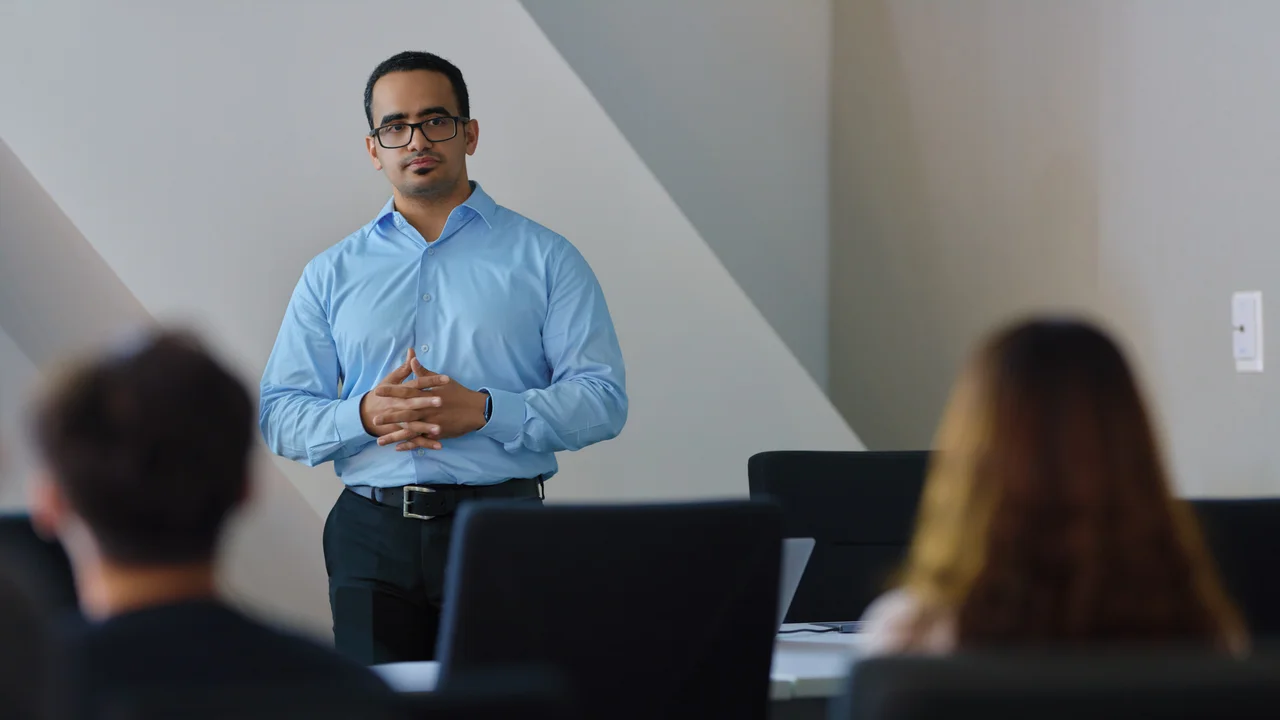
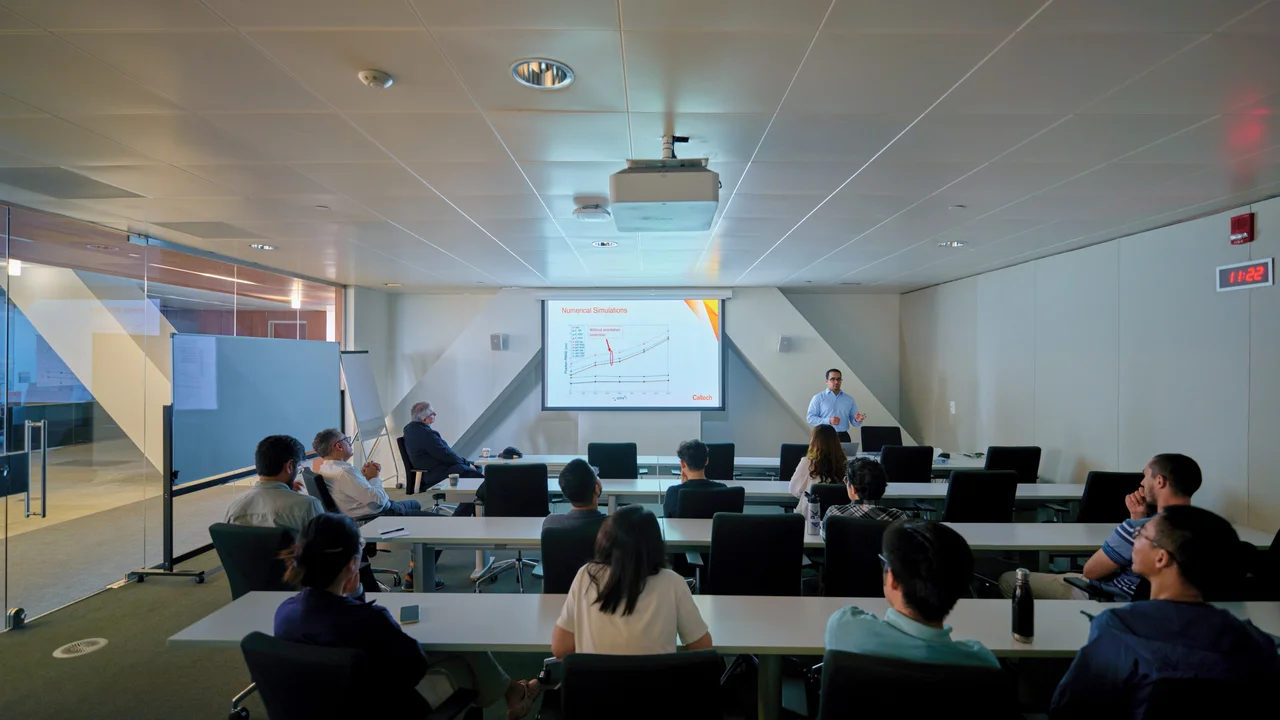
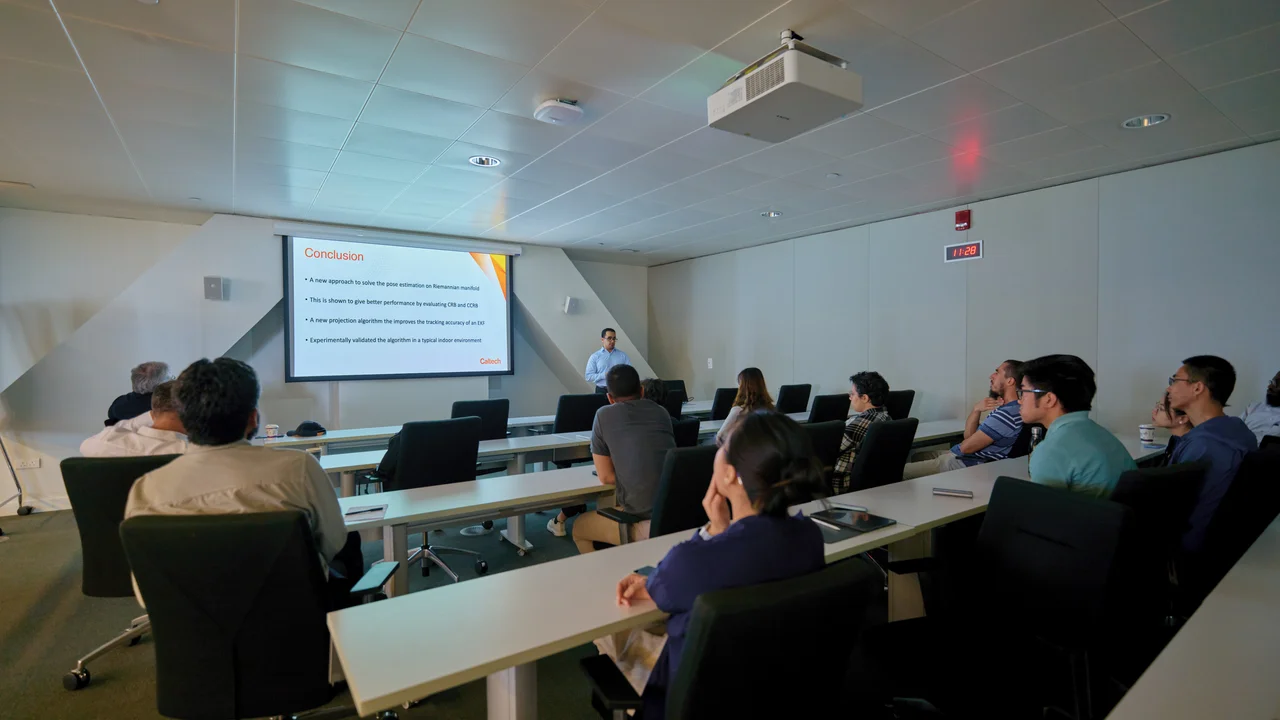
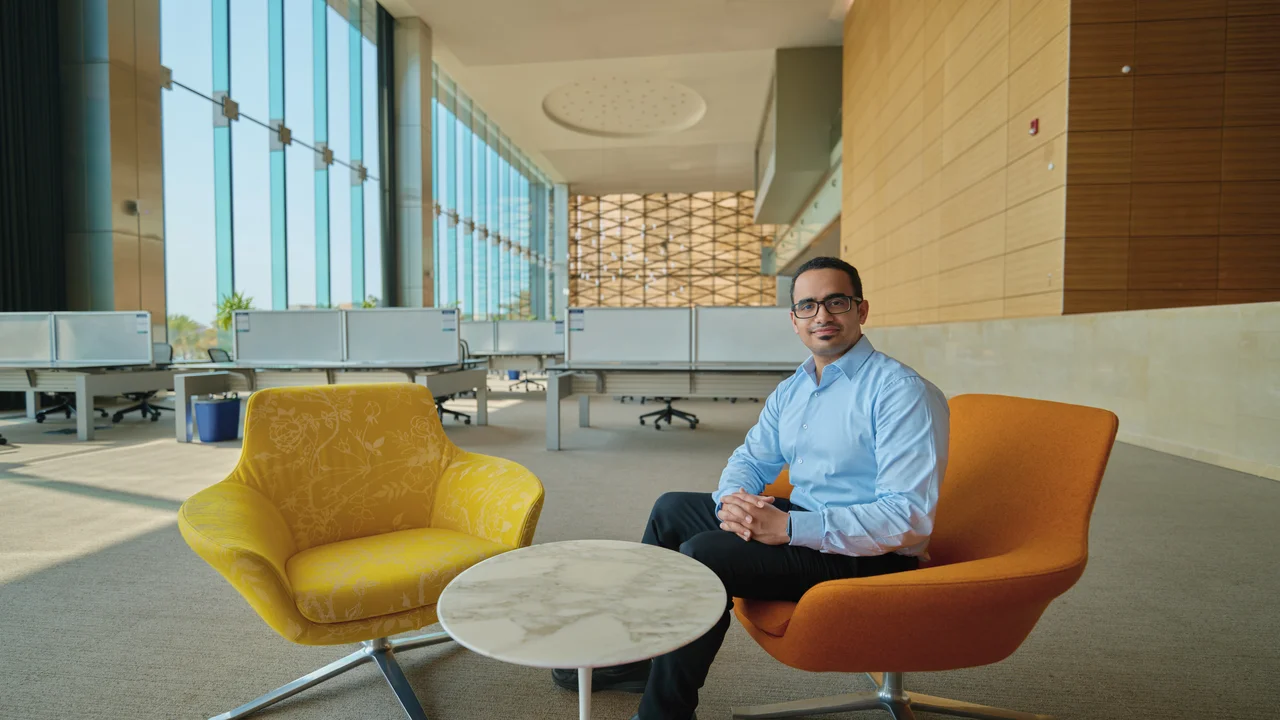
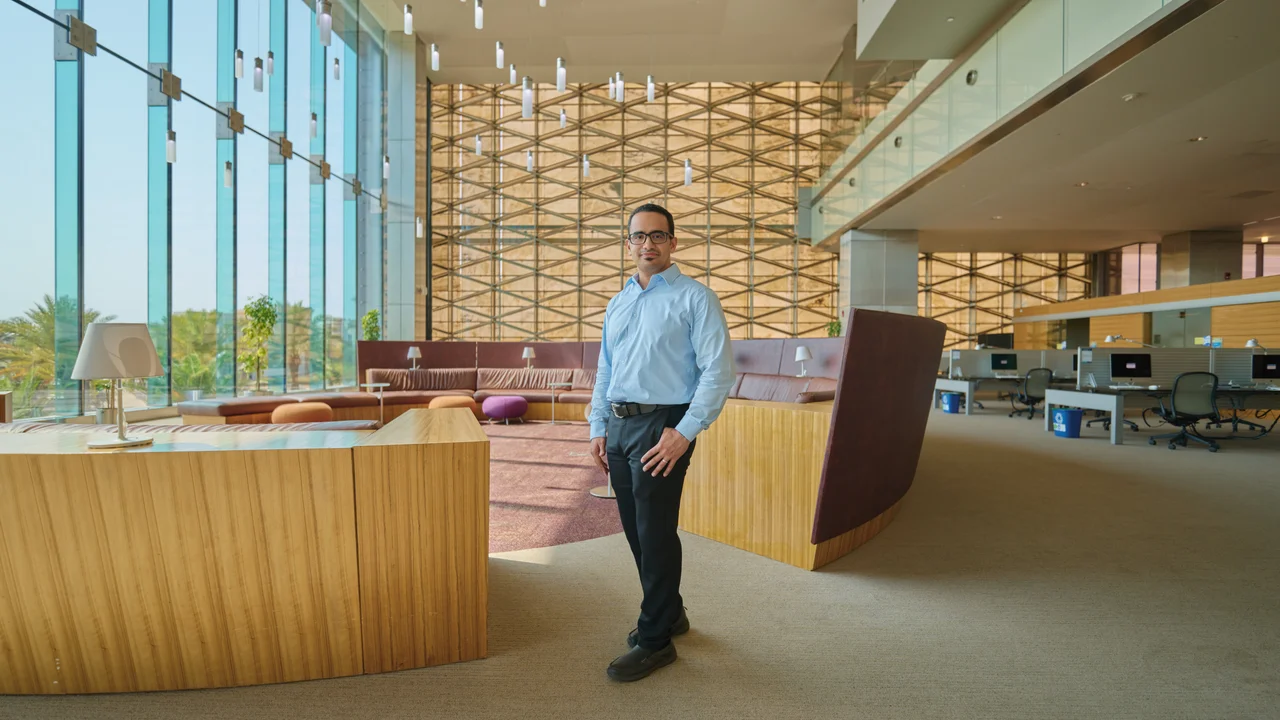
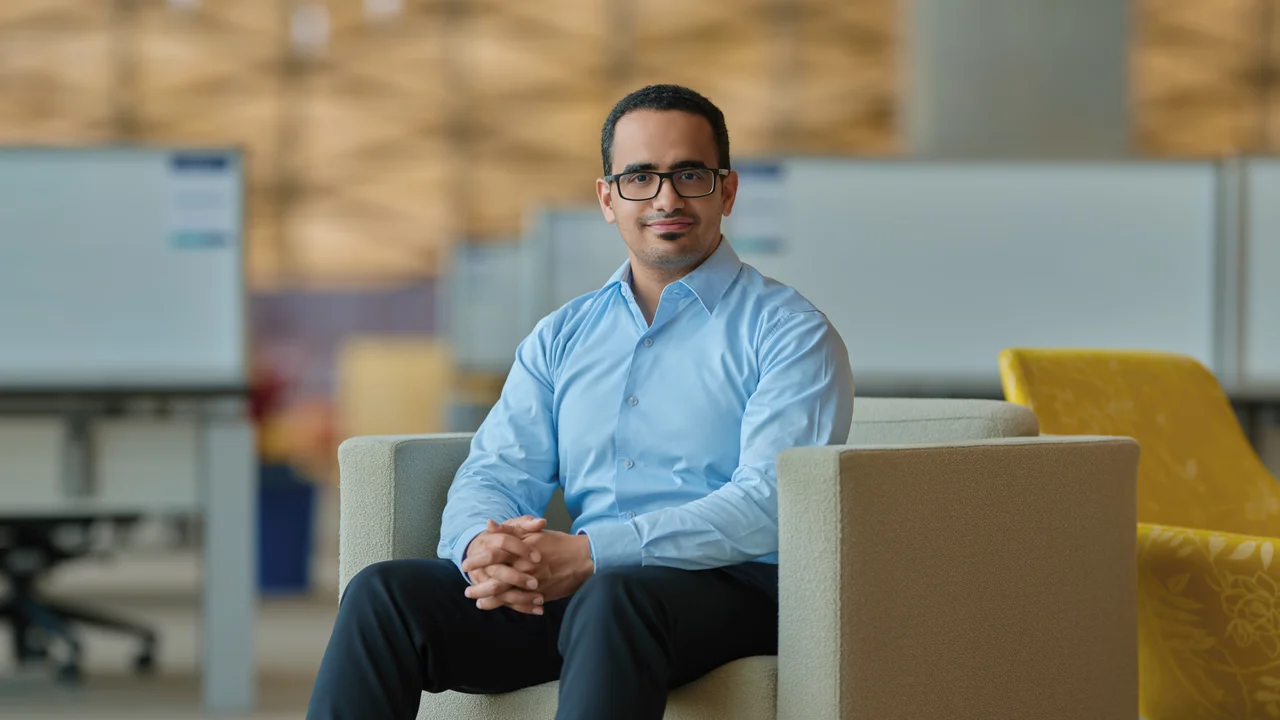
Presenters
Brief Biography
Dr. Mohammed AlSharif is a Postdoctoral Fellow at the California Institute of Technology (Caltech) and a recipient of the KAUST Ibn Rushd Fellowship. His research bridges Riemannian geometry, statistical estimation, and learning for autonomous systems, with applications to high-accuracy pose estimation and robotics. His current work focuses on developing manifold-based optimization and filtering algorithms that integrate inertial and acoustic sensing for reliable navigation in challenging environments. Dr. AlSharif received his Ph.D. in Electrical and Computer Engineering from King Abdullah University of Science and Technology (KAUST), where he focused on signal processing and optimization methods for localization and navigation. Before joining Caltech, he was a Research Engineer in the Intelligent Systems Sensing and Robotics team at Aramco Research Center, contributing to advanced sensing and navigation solutions for GPS-denied environments. His work has been recognized with the R&D 2024 Innovation & Breakthrough Award and the Outstanding Collaboration Award.
